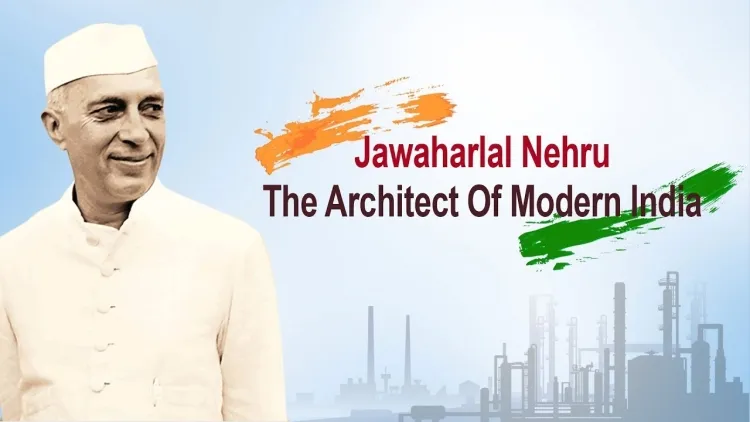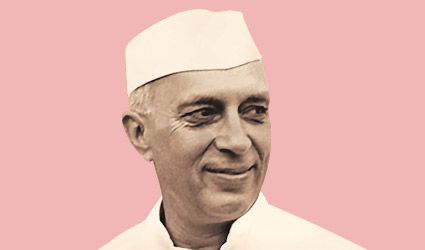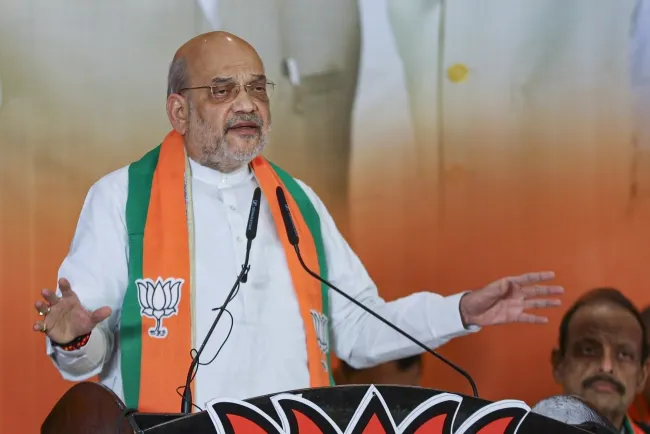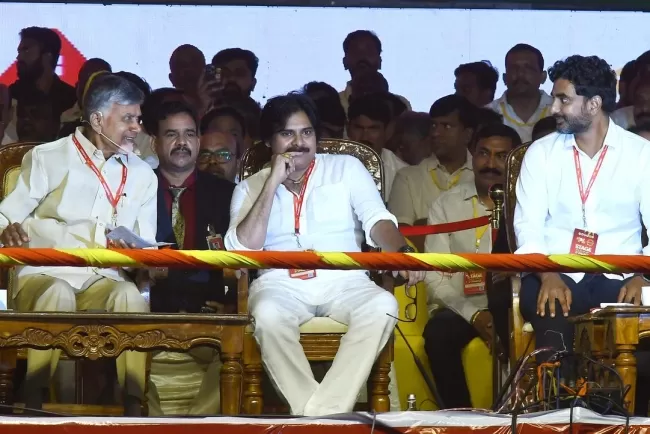Jawaharlal Nehru: Architect of Modern India...!!!
Jawaharlal Nehru's life was a testament to his unwavering dedication to India's freedom and progress. His contributions as a freedom fighter, statesman, and visionary leader have left an indelible mark on the nation's history.

Jawaharlal Nehru, affectionately known as Pandit Nehru, was a pivotal figure in India's fight for independence and its formative years as a sovereign nation. Born on November 14, 1889, in Allahabad, Nehru was deeply influenced by the socio-political environment of his time and the teachings of Mahatma Gandhi.
Early Life and Political Awakening
Nehru's father, Motilal Nehru, was a prominent lawyer and nationalist leader, exposing Jawaharlal to political activism from an early age. After completing his education in England, Nehru returned to India in 1912 and joined the Indian National Congress. His political journey gained momentum with his involvement in the Home Rule Movement led by Bal Gangadhar Tilak and Annie Besant.
Major Contributions and Struggles
Nehru's role in India's independence movement was marked by his active participation in several key movements:
-
Non-Cooperation Movement (1920-1922): Nehru was an active participant in Gandhi's Non-Cooperation Movement, aimed at resisting British rule through non-violent means. He faced multiple arrests for his involvement.
-
Civil Disobedience Movement (1930-1934): Nehru played a significant role in the Civil Disobedience Movement, leading the No-Tax campaign in Uttar Pradesh. His efforts resulted in his arrest and imprisonment.
-
Quit India Movement (1942): As a key leader of the Quit India Movement, Nehru called for an end to British rule. He was arrested on August 9, 1942, and spent the subsequent three years in prison.
-
Interim Government and Independence (1946-1947): Nehru served as the Vice President of the Interim Government and played a crucial role in the negotiations leading to India's independence. On August 15, 1947, he became India's first Prime Minister.

Post-Independence Contributions
As Prime Minister, Nehru focused on building a modern, democratic, and socialist India. His vision encompassed:
-
Economic Policies: Nehru implemented policies aimed at industrialization and economic self-reliance, promoting the establishment of public sector enterprises and the development of heavy industries.
-
Education and Science: Emphasizing the importance of education and scientific research, Nehru established institutions such as the Indian Institutes of Technology (IITs) and the Indian Institutes of Management (IIMs).
-
Foreign Policy: Nehru advocated for a policy of non-alignment during the Cold War, steering India clear of aligning with either the United States or the Soviet Union.
-
Social Reforms: Nehru worked towards social reforms, including the abolition of untouchability and the promotion of gender equality.
Legacy and Impact
Nehru's legacy is profound and enduring. His leadership laid the foundation for India's democratic institutions and its development as a modern nation. His commitment to social justice, economic progress, and scientific advancement continues to inspire generations of Indians.
Jawaharlal Nehru's life was a testament to his unwavering dedication to India's freedom and progress. His contributions as a freedom fighter, statesman, and visionary leader have left an indelible mark on the nation's history.
What's Your Reaction?

















